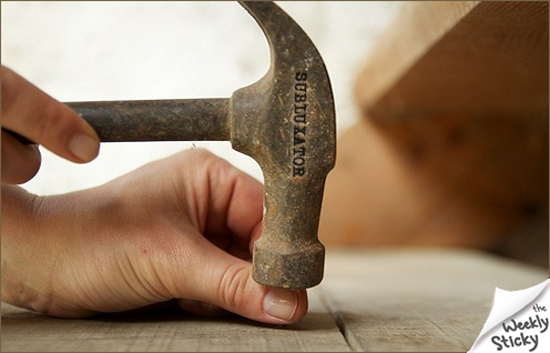(Originally published in aspIRe magazine, Issue 20)
Just like you, I like spending my days productively, and engaging in activities that not only make me feel better, but actually make me a better person. If you’re wondering how I typically spend an ordinary day, read on. Welcome to my everyday life!
I usually wake up at 05:30 Singapore Time, and after a shower, I meditate for one hour.
Meditation is my prayer. It connects the soul to the spiritual world, the realm of the Supreme Person. It is through this disciplined practice that we get to the point where we constantly think of the Supreme Person and find ourselves perpetually immersed in that frame of consciousness. As soon as I’m done meditating, I do my yoga asanas for 30 minutes and read a book for another 30 minutes or an hour.
After this, I sit back, relax and enjoy my protein drink. You see, protein is not just used by bodybuilders for the production of muscles; it’s also consumed by physically active people to help produce life-enhancing hormones, enzymes, and immune-system components.
Around 08:30 or 09:00, I start working – I read and respond to my emails and WhatsApp messages, check my social media pages, and make a few calls.
At 11:00, I eat my lunch – my first meal of the day. I’m strictly vegetarian so it’s usually brown rice and steamed greens and leafy vegetables.
In the afternoon, I continue my work on various projects. I get on a call with my partner, Vijay Eswaran and/or with the other Directors of the QI Group. I meet with my Executive Assistant for at least an hour to get updates on projects and to sign documents. I also do my banking activities in the afternoon.
There’s always one day in a week, at 16:00, when I either engage in a body-weight workout called Rip 60 with a personal trainer, or do some indoor climbing – rock climbing performed on artificial structures built indoors that tries to mimic the experience of an outdoor climb but in a controlled and safe environment.
I dedicate a few hours on a weekend, usually Saturday, to playing golf. I like golf because it’s an individual sport where the result is down to me alone – it’s me, on my own, against the course. It’s a great reminder for me that I am my greatest competitor.
At 18:30, I have my dinner, my second and last meal for the day. It’s usually something light like a bowl of soup or salad.
After dinner, I spend quality time with my wife and kids, ask them how their day has been and have a conversation with them about various topics that are near and dear to us.
Between 20:00 and 21:00, I sip on a relaxing cup of chamomile or saffron tea.
There are evenings when I get to swim a few laps or do some cycling. When I have more free time available in the day, I login to my account on Lumosity for some brain training exercises – it’s one great programme that keeps my mind and memory sharp.
I usually go to bed around 22:00 or 22:30.
And that’s a typical day at home, but my daily schedule is not written in stone. It gets jumbled up from time to time, especially when I’m entertaining guests or travelling or attending big corporate meetings or events. However, I don’t make any of these an excuse to break my healthy eating habits and my fitness and wellness routine. It’s a must that you stick with the activities that give you sound mind, body, and spirit, no matter what variables are thrown into your days.
There shouldn’t be any conflict between consistency and flexibility; they should complement each other. Apply this principle to how you spend every day and you’ll soon feel the difference of living a full, healthy and well-balanced life. Now, that’s what we call Absolute Living!
READ ALSO: Urgent vs Important: Know The Difference


